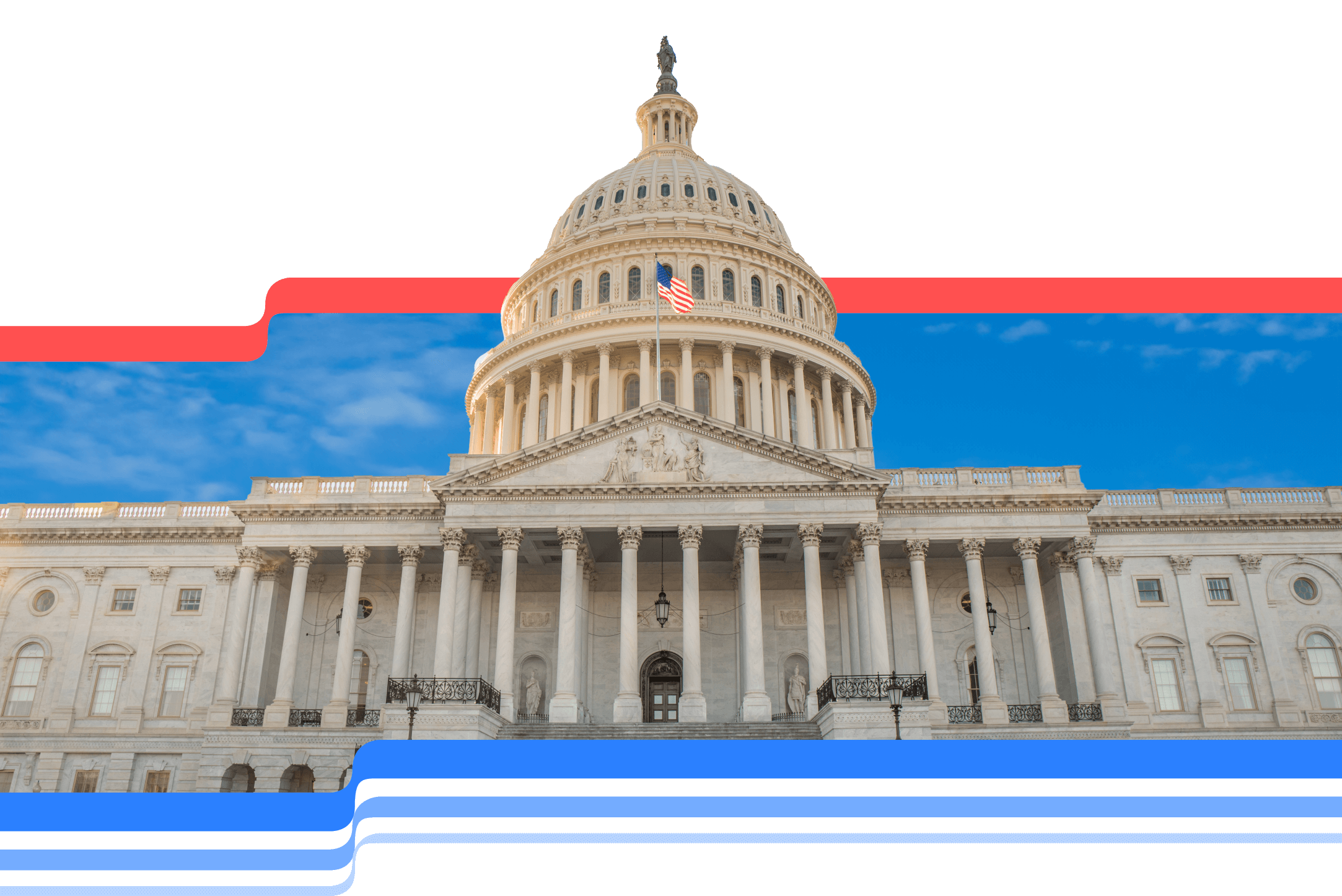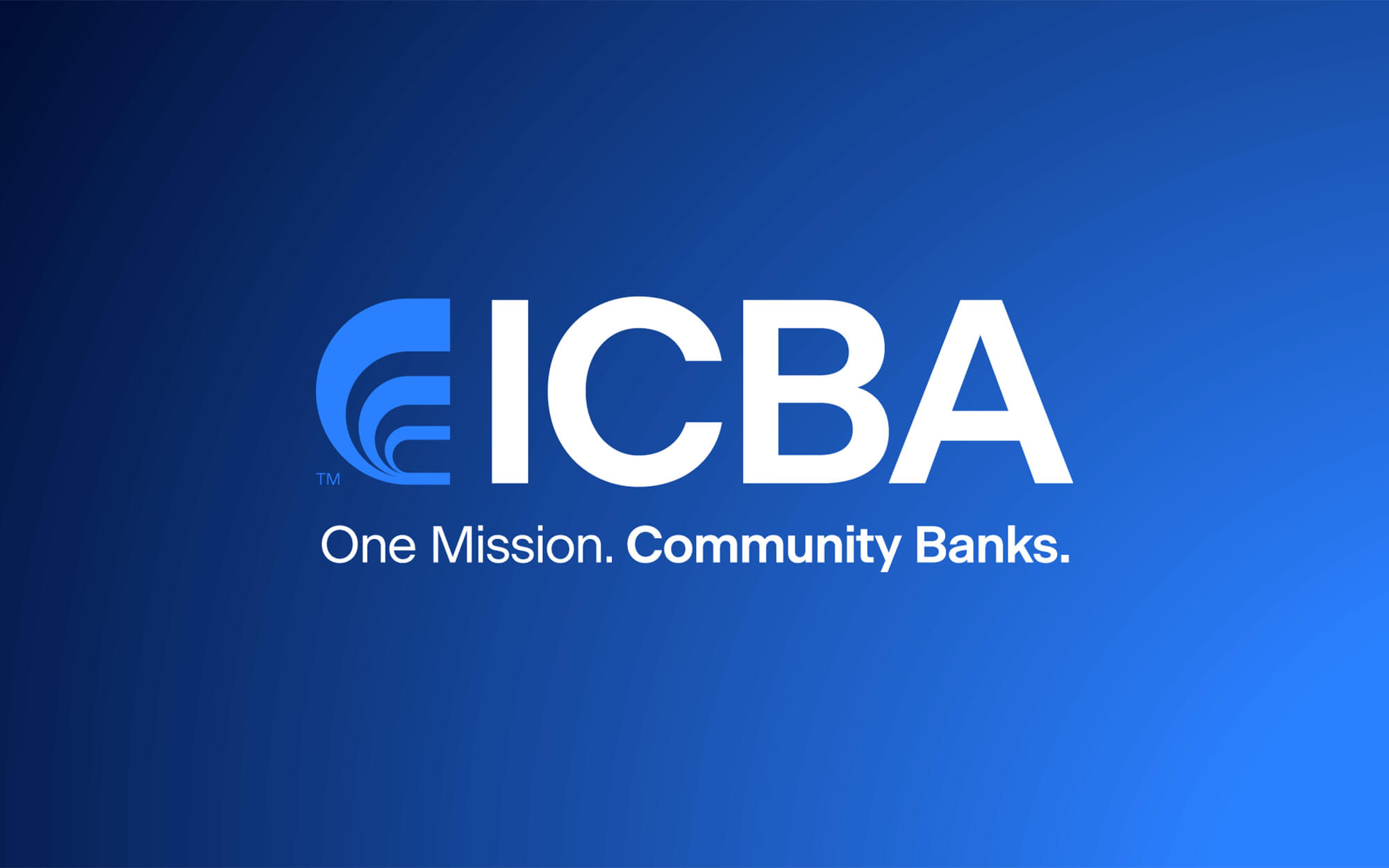Acting Comptroller of the Currency Michael Hsu said not all overdraft fees present equal compliance risks and spotlighted “authorize positive, settle negative” and re-presentment fees as particularly risky.
APSN: Hsu said APSN—the practice of assessing overdraft fees on debit card transactions that are authorized when a consumer’s available balance is positive but later post to the account when the available balance is negative—poses the risk of engaging in unfair or deceptive acts and practices if consumers are unable to reasonably avoid injury. He encouraged core processors to address client bank requests for technical adjustments to eliminate APSN-related overdraft fees.
Re-presentment: Hsu also said the OCC has found re-presentment fee practices that pose UDAP risk, such as disclosures that do not clearly explain that multiple fees may result from multiple presentments of the same transaction. Some financial institutions charge disclosed non-sufficient-funds fees for the same transaction when a merchant re-presents an ACH payment or check more than once after the transaction has been declined.
Agency Meeting: ICBA leadership community bankers and staff this month met with FDIC officials on re-presentment fees, expressing ICBA’s concerns with the agency’s treatment of re-presentment fee disclosures since it issued supervisory guidance last August. ICBA called on the FDIC to rescind lookback requirements, focus on applying its new position on re-presented items going forward, and provide reasonable time for community banks to update their disclosures and practices to comply with the FDIC guidance.
ICBA Guide: With community banks reporting that the FDIC is imposing violations even on banks that are compliant with fee disclosure requirements, ICBA last year released a member-protected fact sheet fact sheet on the issue with recommendations for reducing the risk of penalties.





